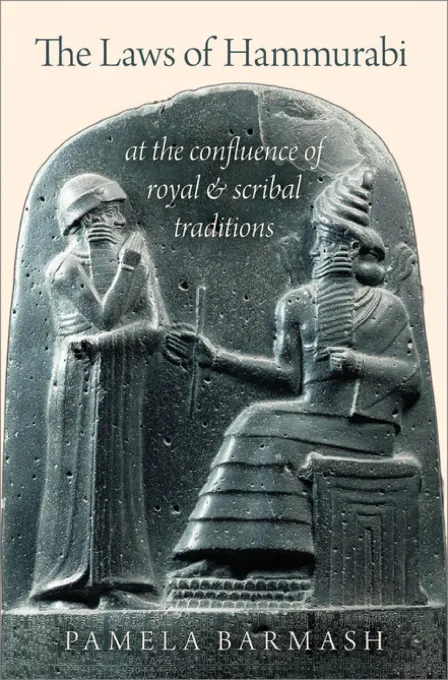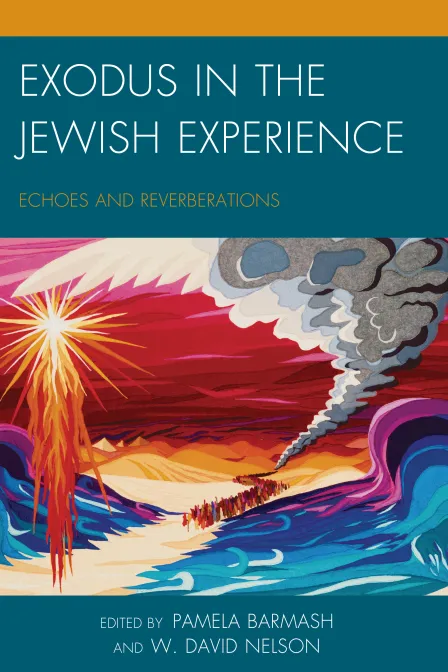Pamela Barmash has published widely on biblical and ancient Near Eastern law and on history and memory.
Professor Barmash received her B.A. from Yale, rabbinic ordination from the Jewish Theological Seminary, and Ph.D. from Harvard. In her academic scholarship, she addresses issues of law and justice in her book Homicide in the Biblical World (2005, Cambridge University Press) and in her edited volume The Oxford Handbook of Biblical Law (2019, Oxford University Press). In The Laws of Hammurabi: At the Confluence of Royal and Scribal Tradition (2020, Oxford University Press), Dr. Barmash analyzes how the scribe of the Laws of Hammurabi advanced beyond earlier scribes in composing statutes that manifest systematization and implicit legal principles, and inserted the Laws of Hammurabi into the form of a royal inscription, shrewdly reshaping the genre. She also pursues research in history and memory: in Exodus in the Jewish Experience: Echoes and Reverberations (2015, Lexington Books, edited with W. David Nelson), she shows how Jews have transformed the story of the Exodus and the celebration of Passover to meet changing needs and concerns. With Mark W. Hamilton, she has edited In the Shadow of Empire: Israel and Judah in the Long Sixth Century BCE (2021, Society of Biblical Literature Press), a book that highlights how the transition from one empire to another in antiquity influenced how communities remember and imagine themselves. In her rabbinic writing, she is the author of teshuvot (rabbinic responsa) on contemporary issues in Judaism, and she has published an anthology of contemporary responsa, Modern Responsa: An Anthology of Ethical and Ritual Decisions (2024, Jewish Publication Society).
Professor Barmash is writing two books, a volume on Jerusalem in the religious imagination of the Bible and a commentary on Exodus for the commentary series Old Testament Library.
Professor Barmash teaches courses at Washington University on modern perspectives on the Bible, law and justice, mythology, the problem of evil, traditional Scriptural interpretation, and biblical and ancient Jewish history, culture, and religion.


